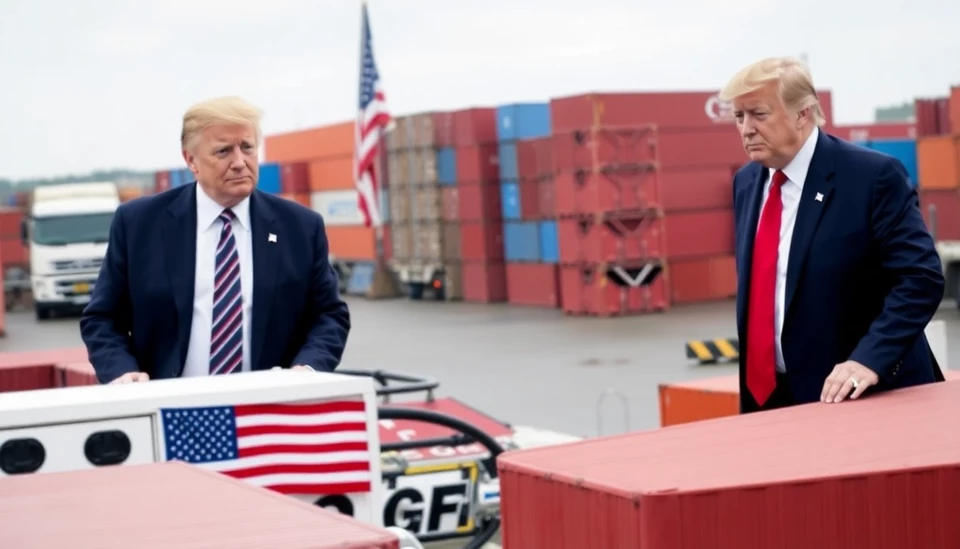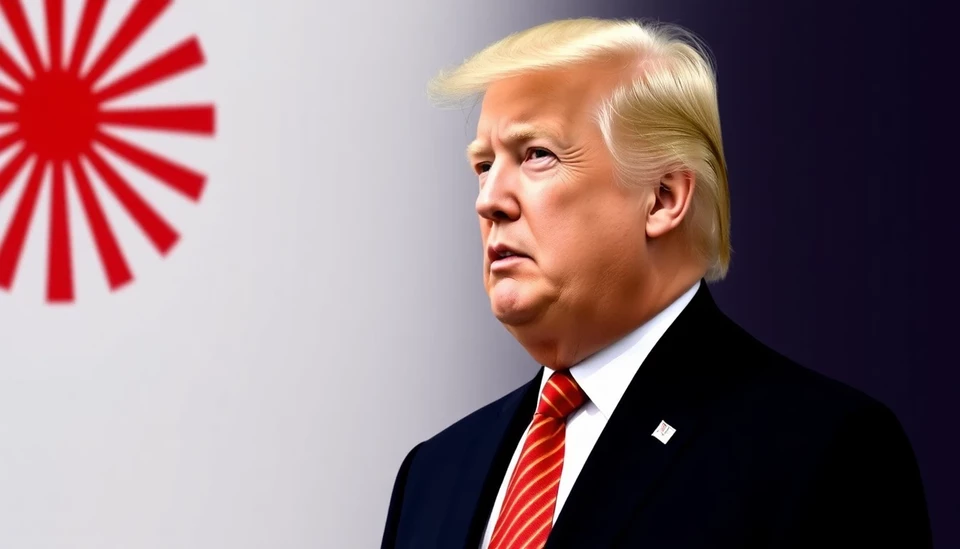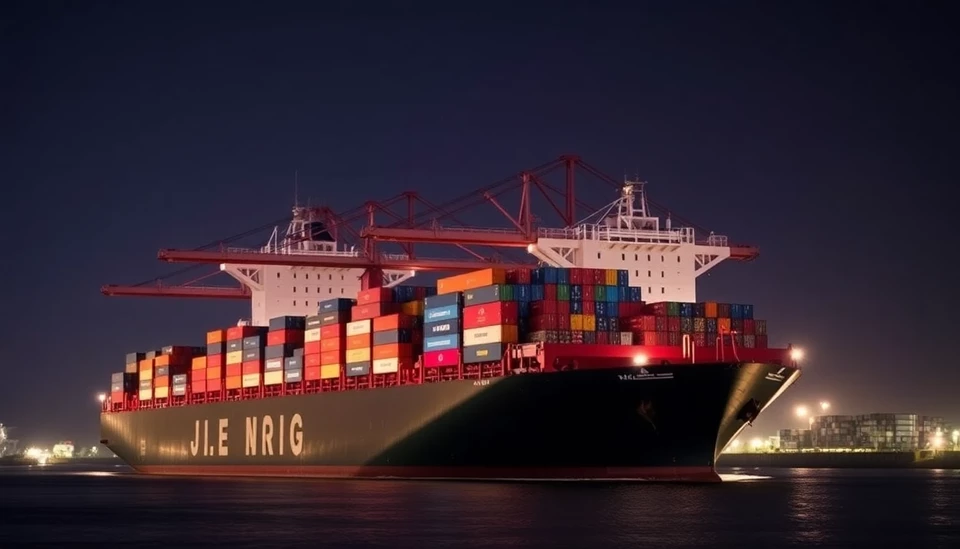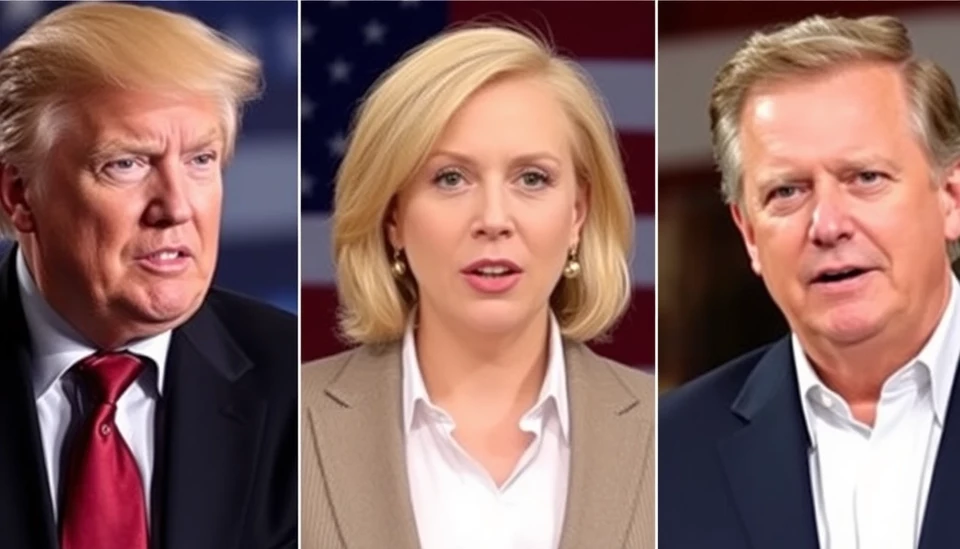
In a surprising twist within the ongoing economic landscape, former President Donald Trump has opted to maintain a strategic silence regarding his tariff strategies as he repositions himself on the national stage ahead of potential presidential ambitions in 2024. This decision comes amidst a backdrop of shifting economic conditions and ongoing tensions in international trade.
Recent reports suggest that the Biden administration has been grappling with the fallout from Trump-era tariffs, particularly the ones levied on Chinese imports, which were designed to protect American industries but have inadvertently contributed to soaring consumer prices. Despite these challenges, Trump's reluctance to disclose his future trade policies raises eyebrows, as many analysts suggest that his typical combative negotiating style would benefit from a proactive approach.
There are ongoing concerns regarding inflation rates, which have prompted policymakers to reassess their positions. Trump's silence could be strategic; by withholding specifics of his negotiating tactics, he may be aiming to avoid tipping the scales in any direction before he officially announces his candidacy for the 2024 presidential election. This tactic could be interpreted as an effort to avoid any premature backlash from industries impacted by his decisions or from voters affected by rising prices.
Trump's administration was marked by a distinctively aggressive trade policy, and his previous indiscretions during negotiations with foreign entities have become a focal point for critics. However, the former president appears to be learning from prior experiences, potentially preparing to present a more refined approach that addresses the complexities of the current economic environment.
The uncertainty surrounding the direction of U.S. trade policy has implications beyond domestic markets. International partners are observing the U.S. posture closely, weighing in their own strategies to adapt to a potentially shifting American trade landscape. As Trump navigates these turbulent waters, industry experts are keen to see how this might influence bilateral trade agreements and the overall flow of goods.
As the political landscape evolves, Trump's future decisions on tariffs and trade will be pivotal in shaping the economic narrative in the lead-up to the 2024 elections. While he keeps his negotiating "powder dry," industry stakeholders, analysts, and policymakers continue to speculate on the effects his eventual plans might yield.
Ultimately, the former president's approach to tariffs and trade negotiations is a crucial aspect of his forthcoming political strategy. How he chooses to engage with these issues may either consolidate his position among his base or alienate potential voters concerned about the economy's direction.
As the situation develops, all eyes remain on Trump as he maneuvers within the complex arena of international trade and domestic economics.
#DonaldTrump #Tariffs #TradePolicy #Economy #2024Elections
Author: Rachel Greene




